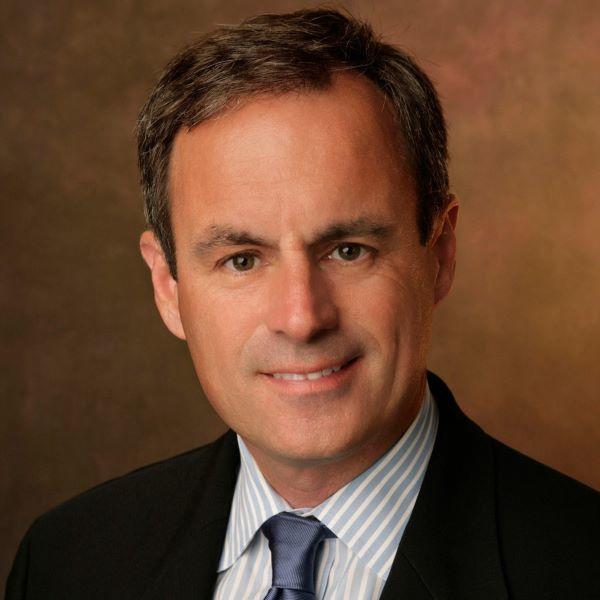How Civil Rights Leaders Spread Their Message
As a story, the civil rights movement had it all, reports CBS News correspondent Mark Strassmann.
Good versus evil. Drama. Social upheaval.
But at first, America's major media ignored it, especially in the South.
"It was our responsibility//to find a way to dramatize the issue," said Congressman John Lewis.
Lewis says the movement leaders realized to bring change, they needed to reach white Americans.
"As a movement we literally put out bodies on the line," said Lewis.
They did that.
Still, through the mid 1950s, only black newspapers noticed.
Hank Klibanoff co-wrote the "Race Beat", a book about the media and the movement.
"Race was a big story in the south beginning in the 40s and 50s, it's just that nobody knew about it," said Klibanoff.
Finally, by 1957, major northern newspapers discovered the drama -- and the story. The television networks followed.
Even major Southern media paid attention to the open hatred.
"You got to keep the blacks and whites separate," said Bull Connor.
And the violent response to peaceful protest.
"If you're going to beat us, beat us in the light of day. Beat us while the cameras on. Let America see you beat us," said Lewis. "And that's what America saw."
That scene took place in Selma Alabama, 1965. Among the bloodied: John Lewis.
"And the American people couldn't stand it," said Lewis, "to see young children and old women being knocked down by fire hoses and chased by police dogs."
Television also found Martin Luther King Jr.
"We will dramatize this whole situation by marching by the thousands," said King.
Americans heard a leader who shattered racial stereotypes.
"The movement must be non-violent," said King on Face the Nation.
"I think he became the embodiment of righteousness through those programs. Not argumentative, not hysterical," said Klibanoff. "Absolutely clear in his thinking. Particularly for white southerners, this was new information."
And part of a national awakening.
"It was the media that carried our message," said Lewis. "Our hopes our dreams our aspirations to the rest of the nation."
Protest became progress -- once the media woke up, and Americans rose up.
